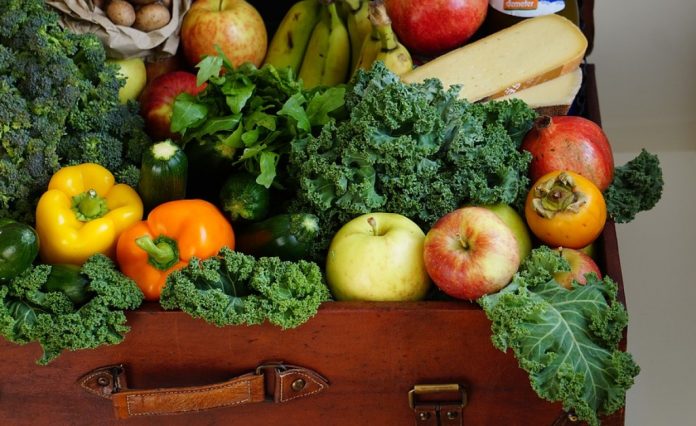By Sonja Vermeulen
Transforming diets around the world are key to unlocking better human health and limiting the impact of climate change in tandem, but time is running out.
With a rapidly increasing global population, and extreme weather threatening food production around the world, the question is not whether a food revolution needs to happen, but whether it can realistically be brought about soon enough to counter today’s environmental and public health crises.
The answer is – most likely – yes. We have what it takes to change within a generation. After all, diets have been in constant flux across all cultures and countries for all recorded history.
For instance, the national staple of Zambia, maize meal, was a novelty less than 100 years ago. Meanwhile, palm oil has, in a few decades, risen from obscurity in Colombia to be the single most important source of fat, accounting for a quarter of consumption.
Diets have become unhealthier in many places so that food-related ailments are now the leading cause of death worldwide. But some countries have bucked this trend. For example, Japan and South Korea have transitioned to globalised economies in the last 70 years without forsaking traditional healthy patterns of eating.
Vietnam’s average diet has also swiftly become healthier as incomes have risen, with nearly half the population close to the “ideal” balanced diet.
Recent research such as the EAT-Lancet report has demonstrated that, in theory, healthy diets are possible for everyone within the earth’s environmental limits.
So what can we learn from significant dietary changes of the past to help ensure a healthy transition can happen at pace?
Firstly, while critics have contested the idea that governments could – or should – influence what we eat, where interventions have been tried, they are showing signs of success.



